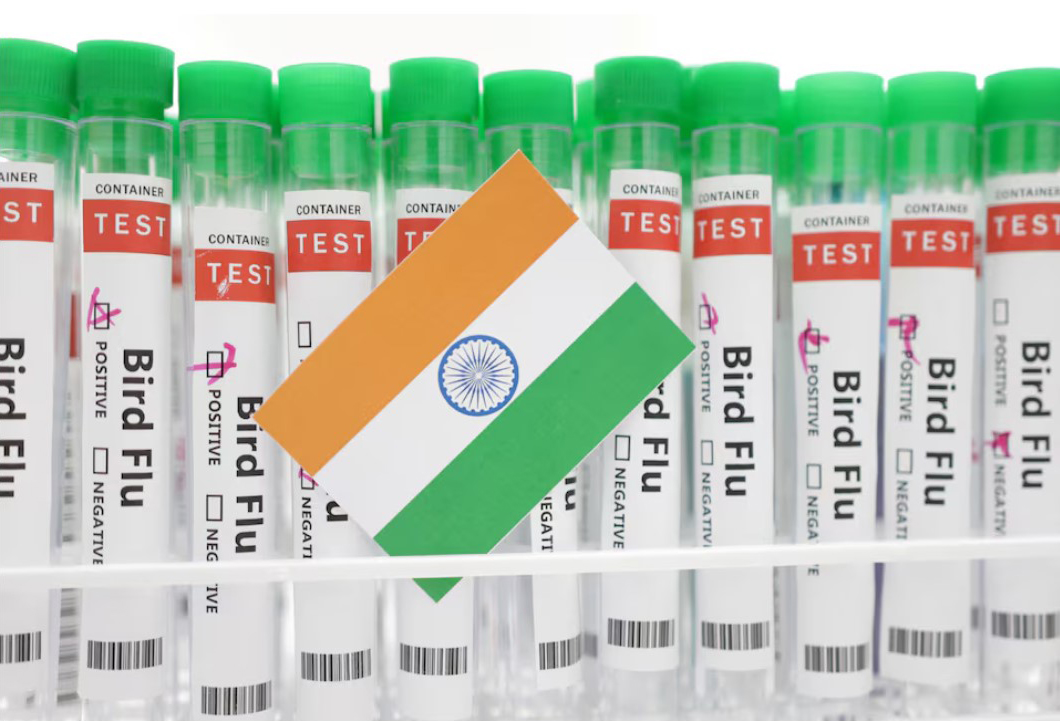
The World Health Organization on Tuesday said a case of human infection with bird flu caused by the H9N2 virus was detected in a four-year-old child in the eastern Indian state of West Bengal.
The patient was admitted to the pediatric intensive care unit of a local hospital due to persistent severe respiratory issues, high fever and abdominal cramps in February, and was discharged three months later after diagnosis and treatment, the WHO said.
READ MORE: Australia reports first human avian flu infection
The patient had exposure to poultry at home and in his surroundings, and there were no known person reporting symptoms of respiratory illness among his family and other contacts, the agency said.
Information on the vaccination status and details of antiviral treatment were not available at the time of reporting, the WHO added.
This is the second human infection of H9N2 bird flu from India, with the first in 2019, the agency said.
ALSO READ: Bird flu infects third US dairy worker; Michigan set to expand testing
While the H9N2 virus typically tends to cause mild illness, the United Nations agency said that further sporadic human cases could occur as this virus is one of the most prevalent avian influenza viruses circulating in poultry in different regions.
An immediate response from the Indian health ministry was not available during late hours.


